Jesus said, "and I, when I am lifted up from the earth I will draw all people to Me." (John 12:32) Jesus taught His disciples about this worldwide mission. "Go, therefore, make disciples of all nations and baptize them in the name of the Father and the Son and the Holy Spirit, and teach them to do all that I have commanded you. And know, I am with you always to the end of the age." (Matthew 28: 19-20).
We call this commandment the "Great Commission". Great Commission for "all nations". It was difficult for His followers to begin this work, even after His resurrection and ascension to heaven. It is likely that the disciples of the Lord Jesus originally settled in Jerusalem, but because of the persecution, they eventually scattered and scattered to other countries. So they spread the gospel, but they really don't have a plan to do that. However, these Christians needed a leader who could organize, plan programs, and lead them on a mission to other nations. This leader is Paul. About ten years after his conversion, he had prepared himself and prepared to lead the real mission of this church.
The new church that was growing in Antioch sent Barnabas and Paul as missionaries. Their first stop was Salamis on the island of Cyprus, Barnabas' birthplace. The success of preaching the gospel on the island fueled the enthusiasm of Paul and his companions to continue their efforts in more difficult areas. They headed for Perga and Antioch. In Antioch, Paul was the speaker. There, some people believed Paul's preaching and some rejected it. This sparked resistance. Initially, this only happened in Antioch, but later spread to Iconium and Lystra. At Lystra, he was stoned and left outside the city. The people who stoned him thought he was dead, so they just left him. However, it turned out that Paul was still alive. After that, he went to Derbe. Paul and Barnabas' visit to Derbe concludes their first trip. Before long, however, Paul decided to retrace the arduous route to strengthen, encourage, and organize the Christian groups he had succeeded in establishing with Barnabas. Paul plans to establish Christian congregations in the main cities of the Roman Empire. He did not want to leave those whom he had brought to repentance without adequate spiritual leaders.
In this preaching tour of the gospel, Paul also thought about the relationship between Gentile converts and Christian Jews. Despite their conversion, these Gentile believers were still considered "second" class, thus preventing them from becoming "full members" of the Jewish congregation. Paul and Barnabas went to Jerusalem to discuss this matter with the church leaders there. Paul managed to captivate the hearts of many by describing his views on the matter. After the trials in Jerusalem, Paul and Barnabas spent some time in Antioch (Acts 15:35).
Unfortunately, there were two events that broke Paul's working relationship with Barnabas and Peter. Initially, Peter supported Paul's view of liberating Gentiles from the Jewish diet, even setting an example of eating with non-Jews. However, Peter then resigned and stayed away from them (Galatians 2:12). Barnabas was also dragged along with Peter. This is the first event that broke their relationship. The second incident was Paul opposing Barnabas to take John Mark along on their missionary journey. This caused a sharp dispute (Acts 15:39). As a result, they then took a different route on their missionary journey. This in fact made the gospel more widely spread.
Paul then visited many churches in other cities such as Rome, Galatia, Corinth, Philippi, Ephesus, and other cities in Asia Minor at that time. And also in the ministry that Paul was in, he wrote letters to the churches he visited and heard about, even while imprisoned.



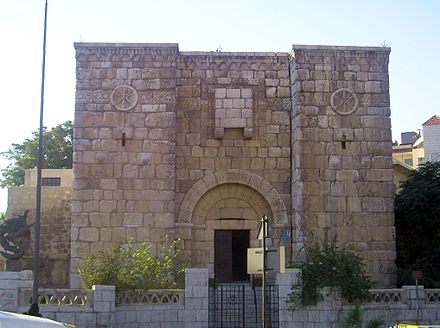

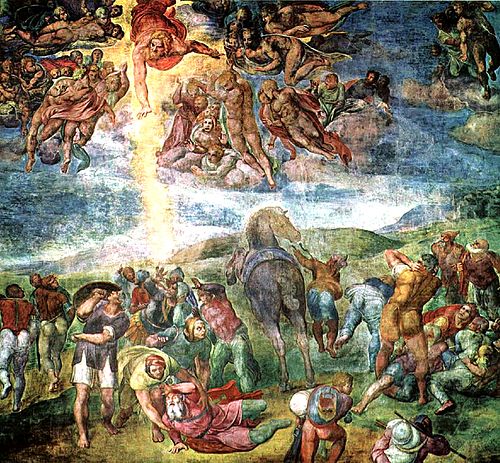
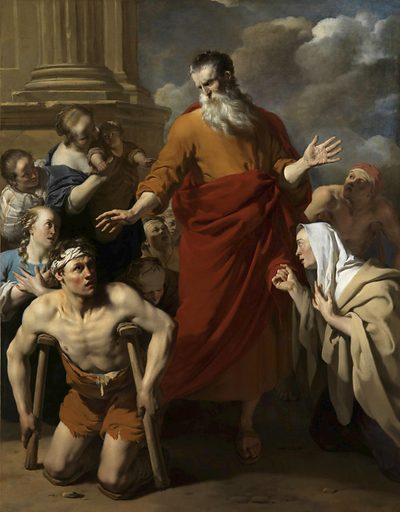
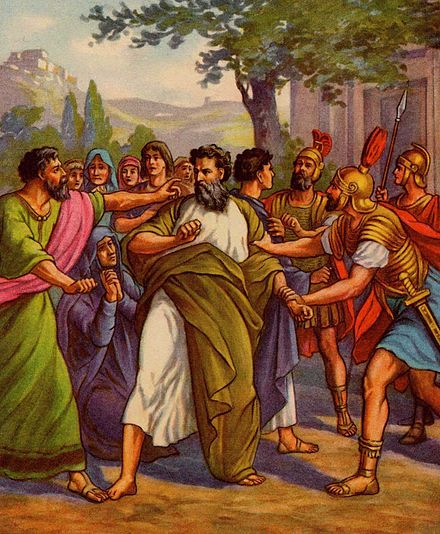
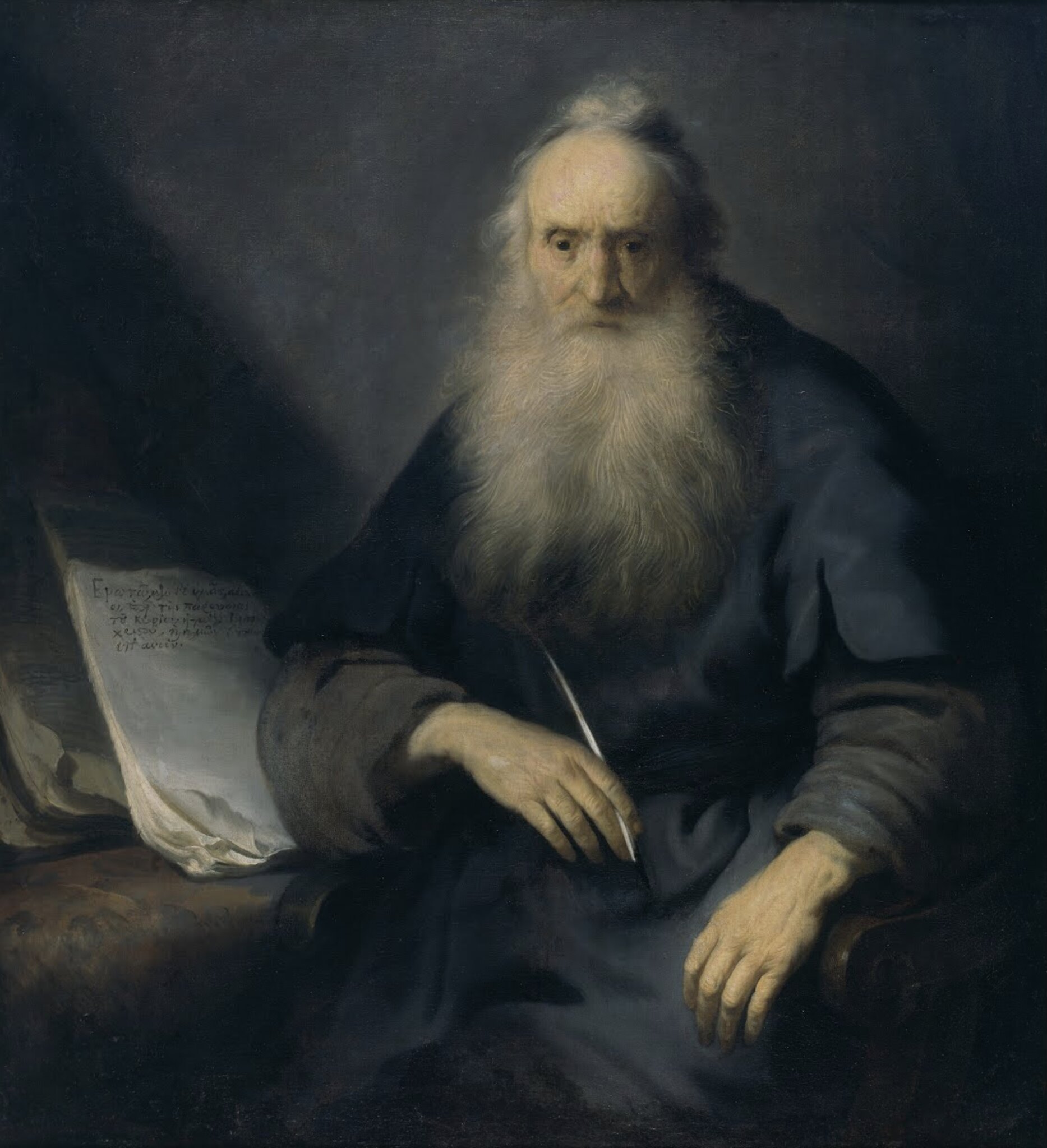
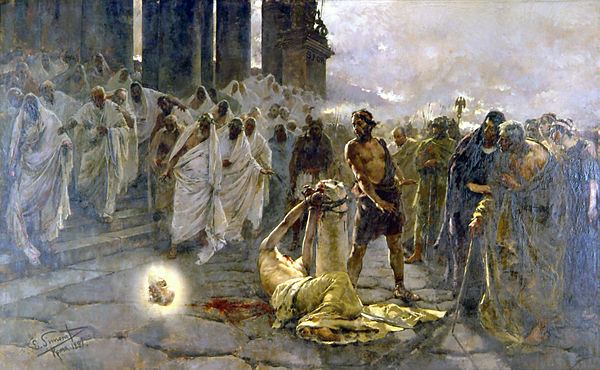

Comments
Links